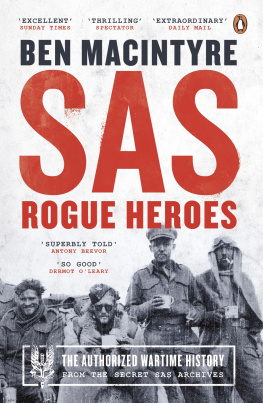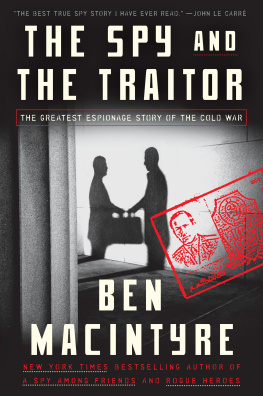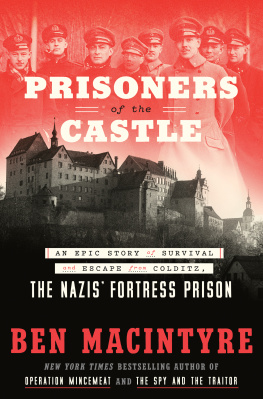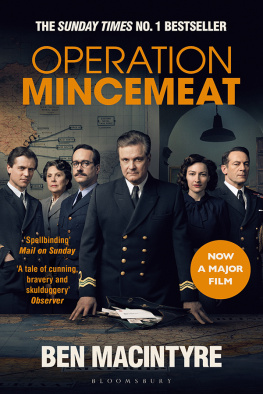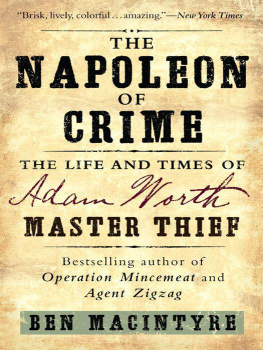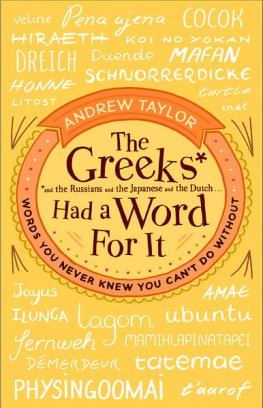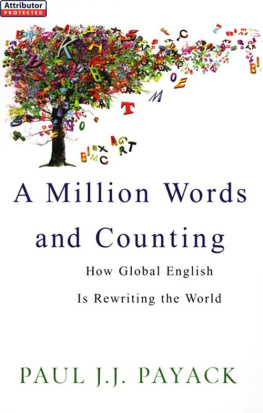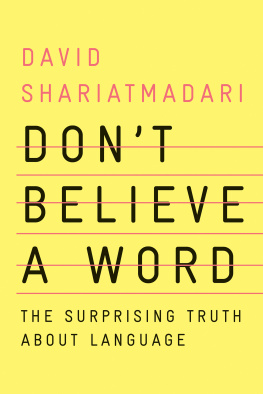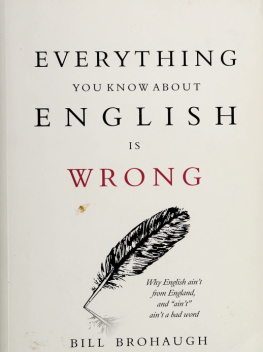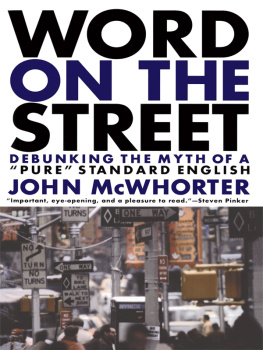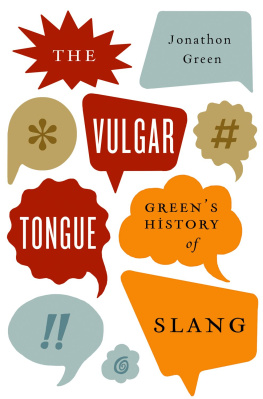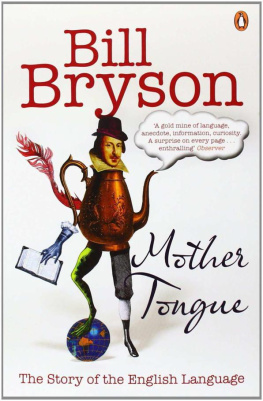Also Available by Ben Macintyre
for your eyes only
IAN FLEMING AND JAMES BOND
One morning in February 1952, a journalist called Ian Fleming sat down at his desk and set about creating a fictional secret agent. James Bond was born and would go on to become one of the most successful, enduring and lucrative creations in literature. But Bonds world of glamour and romance, gadgets and cocktails, espionage and villainy wasnt entirely drawn from imagination: Flemings background and his experiences as an intelligence officer during the Second World War were all formative parts in the creation of the worlds most famous spy. For Your Eyes Only is the most enlightening, enlivening book on the creator of the spy who not only lived twice, but proved to be immortal.
A marvellously entertaining and informative book ... deserves to fly off the shelves every bit as quickly as Devil May Care SPECTATOR
Everything that makes Bond interesting with relation to the real world, in fact, is explored here TOM FLEMING, LITERARY REVIEW
ISBN 9 780 7475 9866 4 PAPERBACK 7.99
*
AGENT ZIGZAG
One December night in 1942, a Nazi parachutist landed in a Cambridgeshire field. His mission: to sabotage the British war effort. His name was Eddie Chapman, but he would shortly become MI5s Agent Zigzag. Dashing and louche, courageous and unpredictable, inside the traitor was a hero, inside the villain, a man of conscience: the problem for Chapman, his many lovers and his spymasters, was knowing where one ended and the other began. Ben Macintyre weaves together diaries, letters, photographs, memories and top-secret MI5 files to create the exhilarating account of Britains most sensational double agent.
As engrossing as any thriller and more improbable than most DAILY TELEGRAPH
ISBN 978I4088II498 PAPERBACK 7.99
BLOOMSBURY
OPERATION MINCEMEAT
THE TRUE SPY STORY THAT CHANGED
THE COURSE OF WORLD WAR II
One overcast April morning in 1943, a fisherman notices a corpse floating in the sea off the coast of Spain. When the body is brought ashore, he is identified as a British soldier, Major William Martin of the Royal Marines. A leather attach case, secured to his belt, reveals an intelligence goldmine: top-secret
Allied invasion plans.
But Major William Martin never existed. The body is that of a dead Welsh tramp and every single document is fake. Operation Mincemeat is the incredible true story of the most extraordinary deception ever planned by Churchills spies an outrageous lie that travelled from a Whitehall basement, all the way
to Hitlers desk.
*
With its fantastic plot and its cast of eccentric characters, the book reads like the most improbable of spy stories. It is a tribute to Macintyres skill that we never for a moment forget that it is actually all true
DAILY TELEGRAPH
Macintyre has a journalists nose for a great story, and a novelists skill in its narration ... spellbinding ****
CRAIG BROWN, MAIL ON SUNDAY
Compelling
WILLIAM BOYD, THE TIMES
*
ISBN 978I4088092II PAPERBACK 7.99
ORDER YOUR COPY: BY PHONE +44 (0)1256 302 699; BY EMAIL: DIRECT@MACMILLAN.CO.UK
DELIVERY IS USUALLY 3-5 WORKING DAYS. FREE POSTAGE AND PACKAGING FOR ORDERS OVER 20.
ONLINE: WWW.BLOOMSBURY.COM/BOOKSHOP
PRICES AND AVAILABILITY SUBJECT TO CHANGE WITHOUT NOTICE.
WWW.BLOOMSBURY.COM/BENMACINTYRE
BLOOMSBURY
The Last Word
Tales from the Tip of the Mother Tongue
BEN MACINTYRE

For my mother
Contents
This book began life as a column in the Books section of The Times. My brief was to write about words. I took this to mean I could write about anything linked, however loosely, with language: in other words, everything. I wrote about military euphemisms, nursery rhymes, the accidental poetry of electronic spam, the disappearing telegram and the lyrics of Abba.
No one stopped me, so I carried on.
I wrote about the words of Boris Johnson, Kenny Rogers, and Osama bin Laden, the words used by book reviewers, computer nerds, spies, cricketers, Scott of the Antarctic and the Piraha tribe of the Amazon, whose members only count up to three. I explored words for baldness, book titles, intellectuals, the credit crunch, literary smells and why there is no satisfactory word for the symbol @. I interviewed a fourteen-year-old pygmy chimpanzee, and set off on a fruitless quest in search of French jokes that could be regarded as funny.
Readers joined in, supplying mistranslations, malapropisms, neologisms, epitaphs, words that have vanished, terms in other languages inexplicably absent from ours and a torrent of loophemisms, words to disguise the act of going to the toilet.
There is a grumpy modern vogue for complaining about the supposed degradation of the English language: about sloppy spelling, incorrect grammar and misplaced apostrophes. This book heads in the opposite direction, celebrating the strangeness and adaptability of our language, its peculiar offshoots and unofficial accretions. This is not a defence of Correct English (which needs no defending) but a celebration of all the unexpected and delightful ways that English has adapted into such variants as Chinglish (Chinese-English, Spanglish (Spanish-English), Ponglish (Polish-English) and Geek-speak, the fast-evolving language of the internet.
Every day, the vocabulary of English is embiggened (a word coined by the greatest of modern culture-philosophers, the Simpsons). The collective noun for exhibitionists in public parks, I learned, is a phalanx of flashers. Collyerism, or disposaphobia, is named after Langley Collyer, who was crushed and entombed by his own unstoppable book collection.
It has been a privilege to wander the tributaries, sources and oxbows of the language, to discover that the Hobbit was born on an empty page, to learn the deceptively gentle purr is Scots Gaelic for head-butt, and to stumble on the greatest Country and Western song title of all time: Since You Bought the Waterbed, Weve Slowly Drifted Apart.
I am grateful to Erica Wagner, the literary editor of The Times, for commissioning and editing these pieces in their original form; to Richard Charkin of Bloomsbury for suggesting there might be a book in them; and to The Times for permission to reproduce them here.
There is no last word on any subject, because words never stand still. Words define and reveal, persuade and enlighten, but then move on. As Tom Stoppard once wrote, They deserve respect. If you get the right ones in the right order, you can nudge the world a little or make a poem which children will speak for you after you are dead.
Living, evolving and mutating, words are little shards of immortality that will outlast us: famous last words.
Ben Macintyre
September 2009
In the summer of 1945 Mrs Irene Graham, of Thorpe Avenue, Boscombe, was told that a German prisoner of war from the nearby camp would be coming to help her in the garden. The hard-working young PoW seemed a nice friendly chap, Mrs Graham recalled, and she was sorry to see him go when, at the end of the year, he was repatriated to Germany. The following spring, the crocuses in her lawn came up spelling out, in large letters: Heil Hitler.
The hidden message is an extraordinarily rich part of the language. Groups in society routinely develop shared codes, signs and symbols for secrecy, for bonding, and for the simple pleasure of passing on a message that some will see and decipher, and most will not.
Boy Scouts, stock traders, lonely hearts, gang members, obituary writers, homosexuals, spies, bookmakers, convicts, Nazi gardeners, Freemasons and footballers all send messages in code, in the belief that only those in the know will know. Sometimes this fails spectacularly: the footballer who recently made the handcuffs gesture in support of a teammate convicted of killing two children while drink-driving apparently believed he was being subtle. On the day that Monica Lewinsky revealed her affair with Bill Clinton, the President wore a tie she had given him this was seen as a hint of complicity, intended to persuade her to keep quiet, which did not work.
Next page

